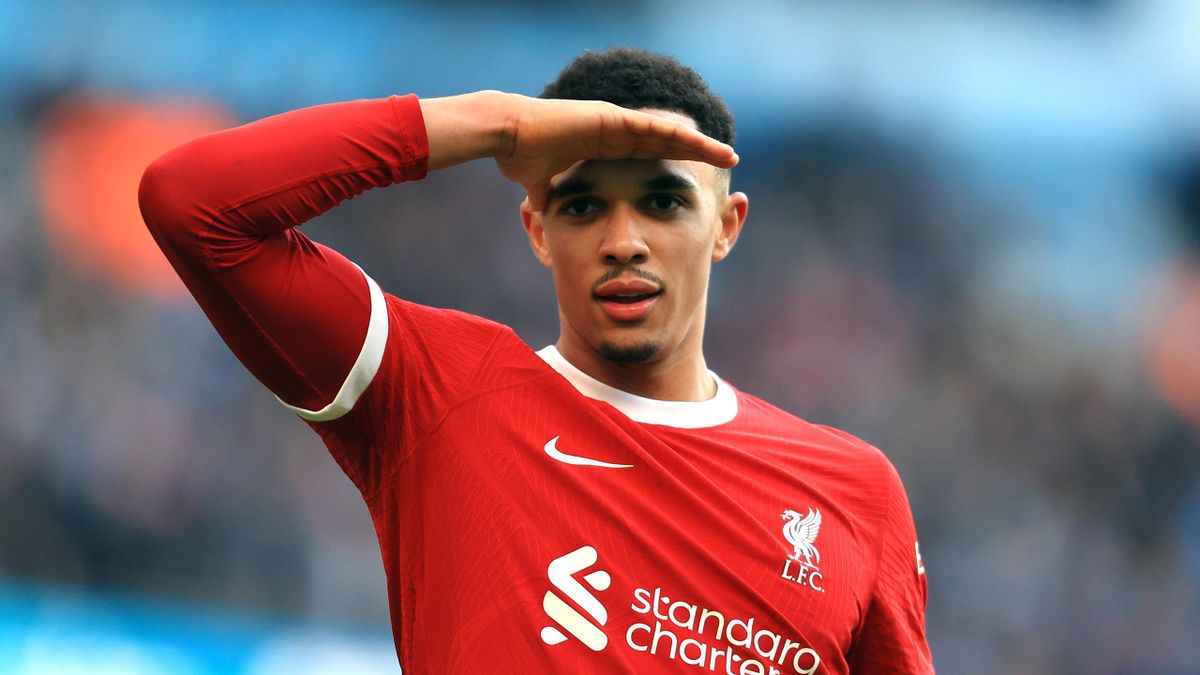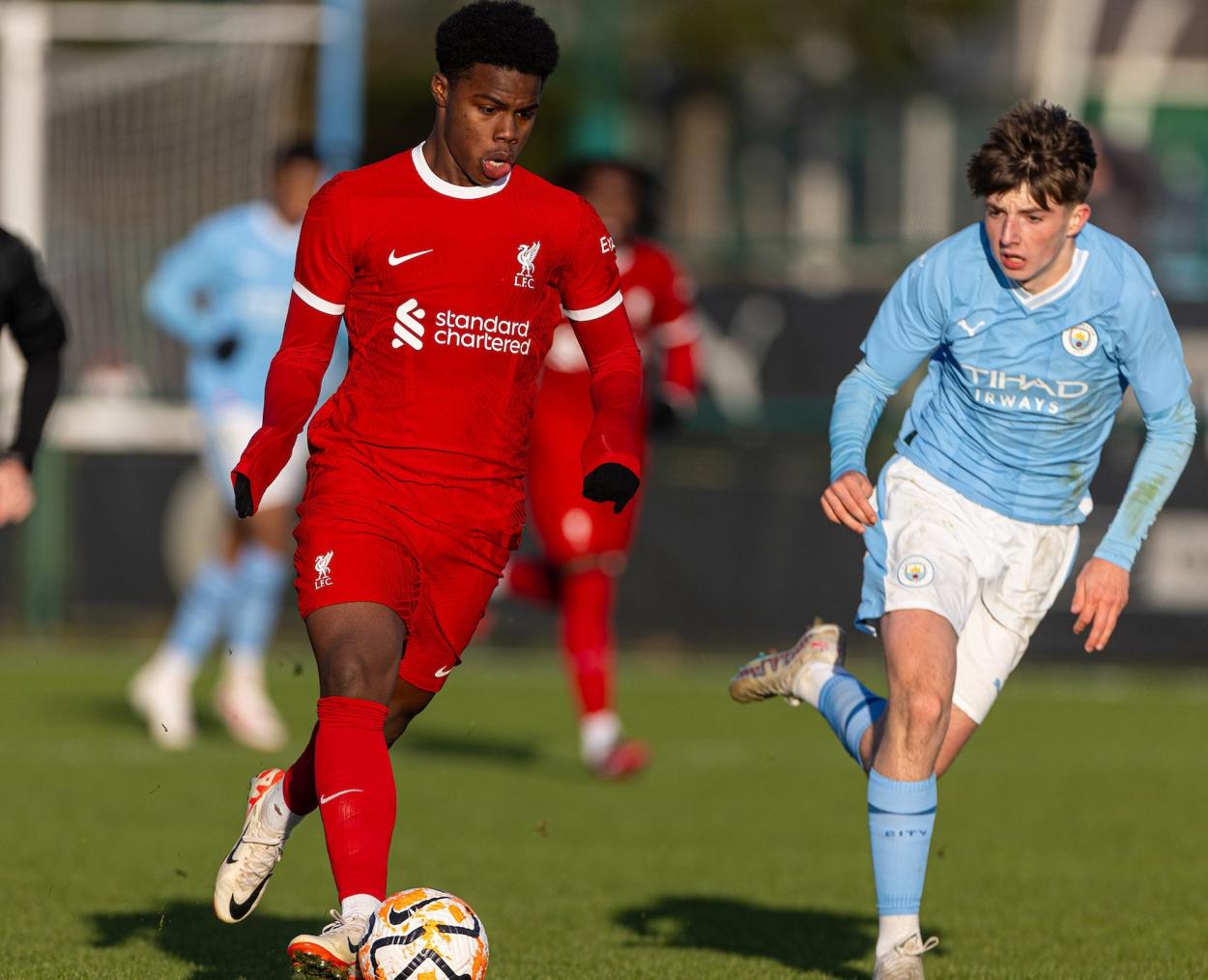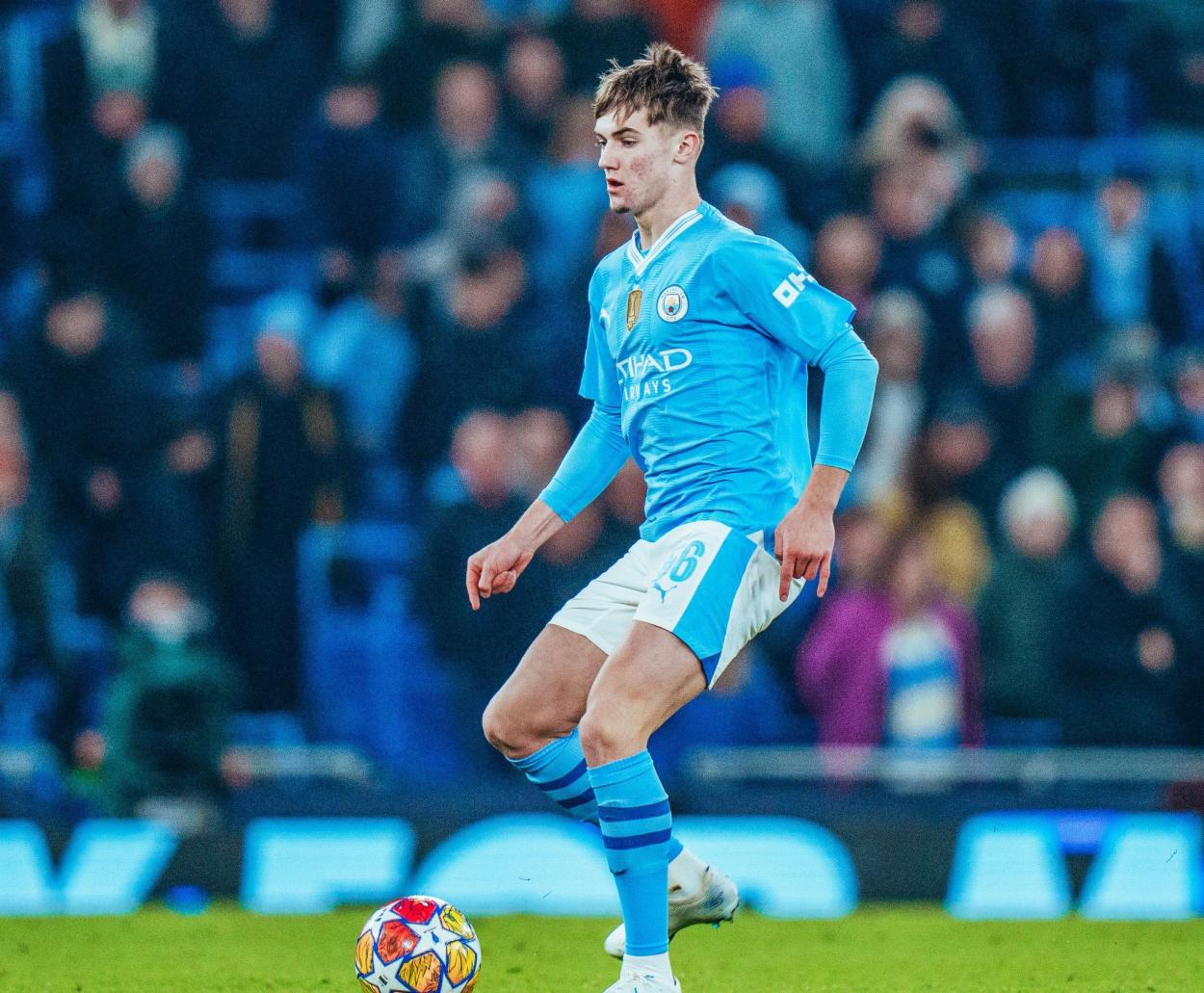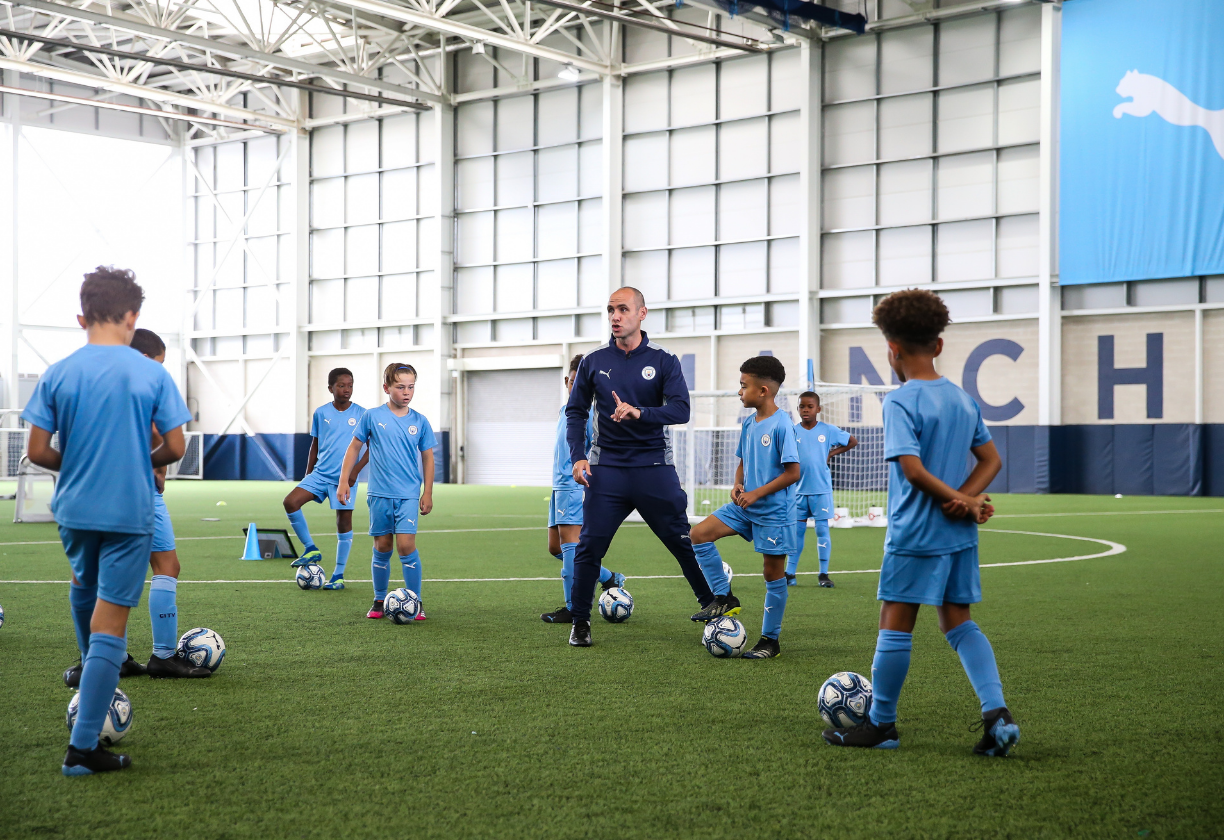The philosophies of Klopp and Guardiola
Jurgen Klopp's Liverpool is synonymous with high-energy, pressing football. This ethos permeates through the club, from the first team to the youth ranks. Klopp's belief in giving young players a chance is evident in his tenure at Liverpool, where he has not hesitated to throw young talents into high-pressure situations, trusting their abilities and the club's developmental system.
Pep Guardiola, on the other hand, is known for his meticulous attention to tactical detail and player development. At Manchester City, Guardiola has built a system that not only dominates possession but also places a high value on the technical and tactical education of its players. This philosophy extends to City's academy, where young players are groomed to fit seamlessly into the first team's style of play.
Both Liverpool and Manchester City have seen their youth academies come to the fore in recent seasons, with several young players making the leap to first-team football. For Liverpool, names like Trent Alexander-Arnold and Curtis Jones have become fixtures in the team, embodying the club's ethos of hard work, versatility, and commitment. Alexander-Arnold, in particular, has risen from the academy to become one of the best right-backs in the world, showcasing the success of Liverpool's youth development pathway.

Manchester City's academy, meanwhile, has produced talents like Phil Foden, who has become an integral part of Guardiola's team. Foden's journey from the academy to the first team is a testament to City's investment in youth and Guardiola's willingness to trust young players in crucial matches. The success of these players is not just a reflection of their individual talents but also of the environments that have nurtured their development.
Opportunities and challenges
The path from academy to first team is fraught with challenges, yet both Klopp and Guardiola have shown a willingness to provide opportunities to young players. This approach not only benefits the players, offering them a clear pathway to professional football, but also enriches the team with fresh energy and perspectives.
However, the competitive nature of the Premier League and the expectations on clubs like Liverpool and Manchester City mean that opportunities must be balanced with the need for immediate results. This creates a challenging environment for young players, who must seize their chances while adapting to the physical and mental demands of top-flight football.

Recent examples
Recent matches have highlighted the impact of youth academy graduates on both teams. For Liverpool, the emergence of players like Harvey Elliott, who has shown promise in midfield, underscores the club's commitment to youth development. Elliott's performances, characterized by creativity and maturity beyond his years, suggest a bright future and the potential for more academy products to make their mark.
Liverpool's recent triumph in the Carabao Cup is a prime example of the club's faith in its youth system. The victory was not just a testament to the team's depth and quality but also highlighted how young players are being given significant opportunities to shine on big stages. In a match where the stakes were high, Klopp's decision to field several academy graduates was a bold statement of trust. These young talents repaid that faith with a performance that blended seamlessly with the team's established stars, showcasing not only their skill and determination but also the high level of coaching and development they have received.
The future
Looking ahead, the youth academies of Liverpool and Manchester City will continue to be vital components of their success. As the financial landscape of football evolves, the ability to develop homegrown talent will become increasingly important. For Klopp and Guardiola, the challenge will be to maintain their high standards while fostering the next generation of footballers.
The comparison between Liverpool and Manchester City's approach to youth development offers a microcosm of their broader footballing philosophies. While their methods may differ, the commitment to nurturing young talent is a shared priority that promises to keep this rivalry vibrant and competitive for years to come.

Both Klopp and Guardiola are renowned for their tactical flexibility and innovation, but it's their unwavering commitment to youth development that truly sets them apart. By giving young players a platform to excel, they are not only contributing to the success of their respective teams but also to the future of football. The trust placed in these young talents is a clear signal that the path from the academy to the first team is not just a dream but a tangible reality.
As Liverpool and Manchester City continue to battle it out at the top of the Premier League, the role of their academies and the opportunities given to young players will remain a key factor in their success. The integration of these young talents into the first team is a testament to the clubs' philosophy and vision, ensuring that the future is bright, not just for Liverpool and Manchester City, but for football as a whole.










































